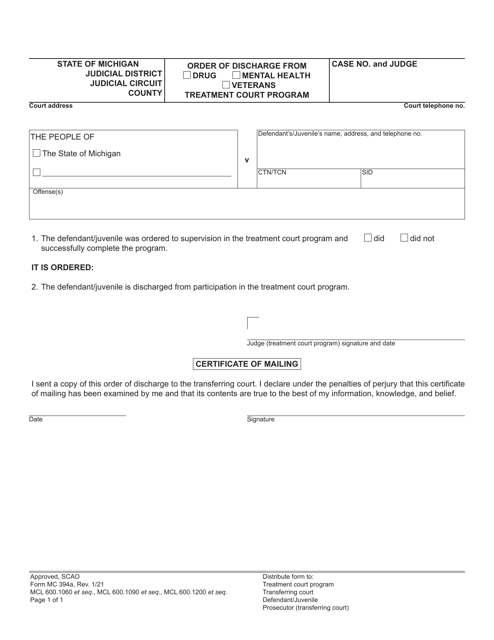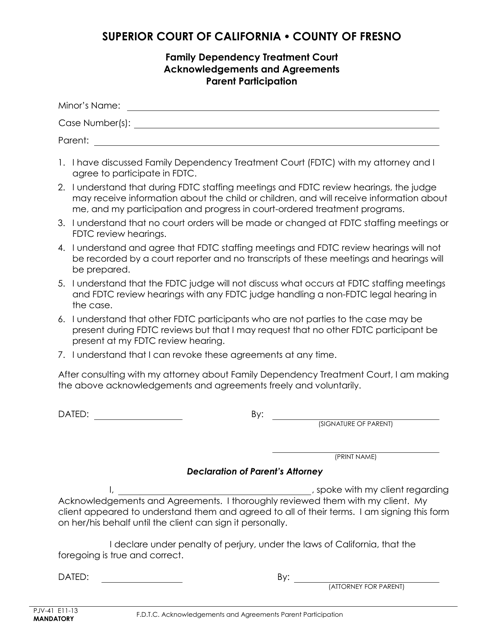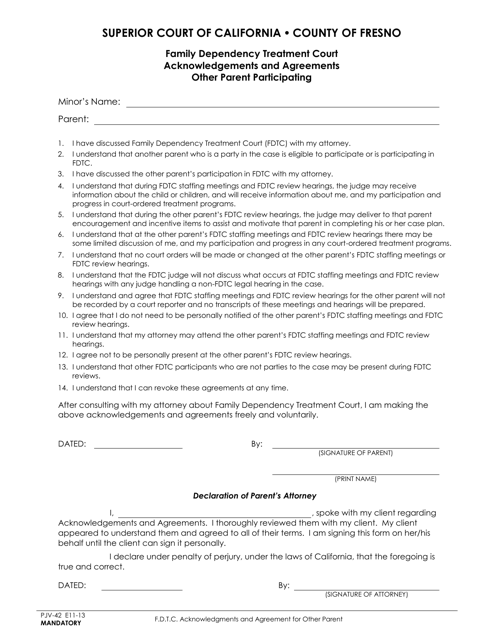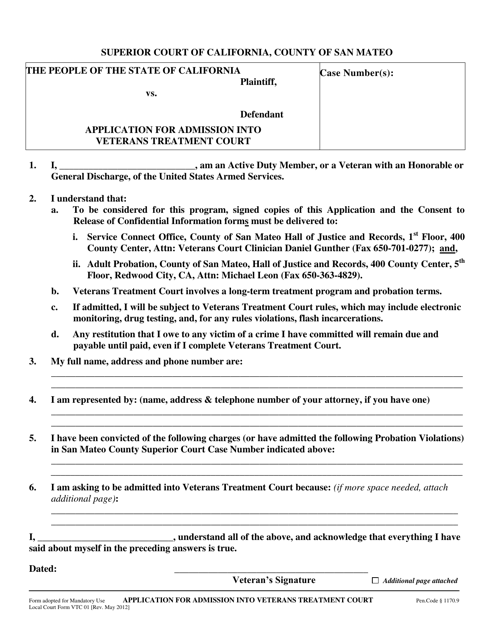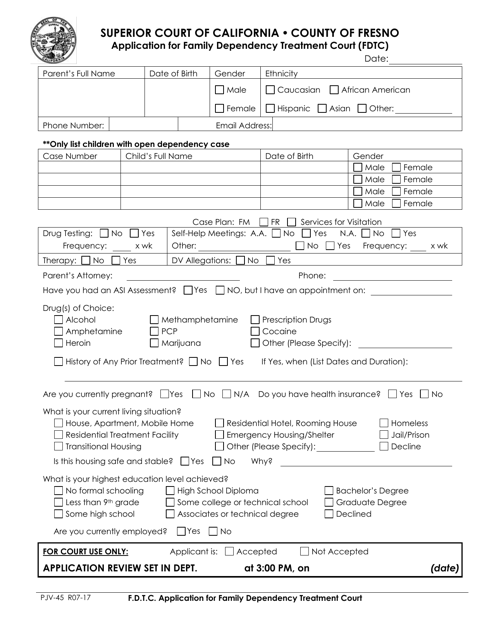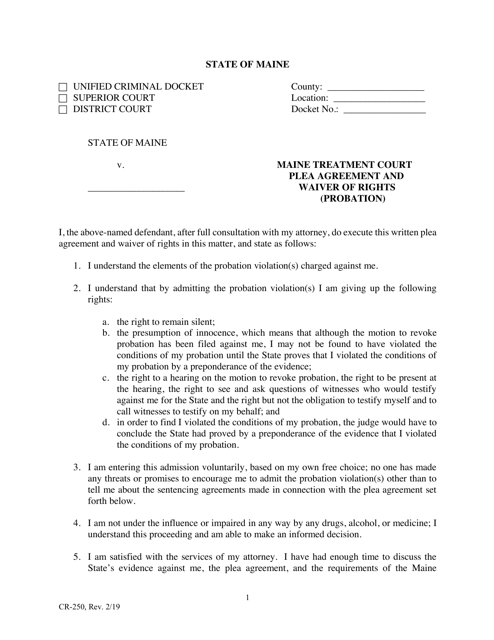Treatment Court Templates
A treatment court, also known as a specialized court or diversion program, is a legal system that aims to address the underlying causes of criminal behavior and promote rehabilitation. Treatment courts offer an alternative to traditional criminal justice proceedings by providing individuals with access to specialized treatment programs and support services. These courts are designed to address specific issues such as substance abuse, mental health, or family dependency, and offer a way to break the cycle of criminal behavior and promote long-term recovery.
Treatment courts operate through a collaborative approach, involving judges, prosecutors, defense attorneys, treatment providers, and probation officers. Together, they work towards developing personalized treatment plans that address the unique needs and challenges of each participant. By combining judicial oversight, intensive supervision, and targeted interventions, treatment courts aim to reduce recidivism rates and improve the overall well-being of participants.
The benefits of treatment courts extend beyond individual participants, as successful outcomes can have a positive impact on families, communities, and the criminal justice system as a whole. Participants who successfully complete treatment court programs often experience improved health and well-being, reduced substance abuse, enhanced parenting skills, and increased employment opportunities. Additionally, treatment courts can help alleviate prison overcrowding by diverting individuals with substance abuse or mental health issues away from incarceration and into treatment.
Each jurisdiction may have its own specific requirements, processes, and forms for treatment court participation. The availability of treatment court programs can vary across the United States, Canada, and other countries, but they are becoming increasingly recognized as an effective alternative to traditional criminal justice approaches. Whether referred to as treatment courts, diversion programs, or specialized courts, these initiatives embody a progressive and holistic approach to address the root causes of criminal behavior.
Documents:
6
This Form is used for parents participating in the Family Dependency Treatment Court in Fresno County, California. This document includes acknowledgements and agreements related to parent participation in the court program.
This document is used for acknowledging and agreeing to participate in the Family Dependency Treatment Court as the other parent in Fresno County, California.
This form is used for applying to the Veterans Treatment Court in San Mateo County, California.
This form is used for applying to participate in the Family Dependency Treatment Court (FDTC) program in Fresno County, California.
This Form is used for entering into a plea agreement and waiving certain rights related to probation in Maine Treatment Court.

